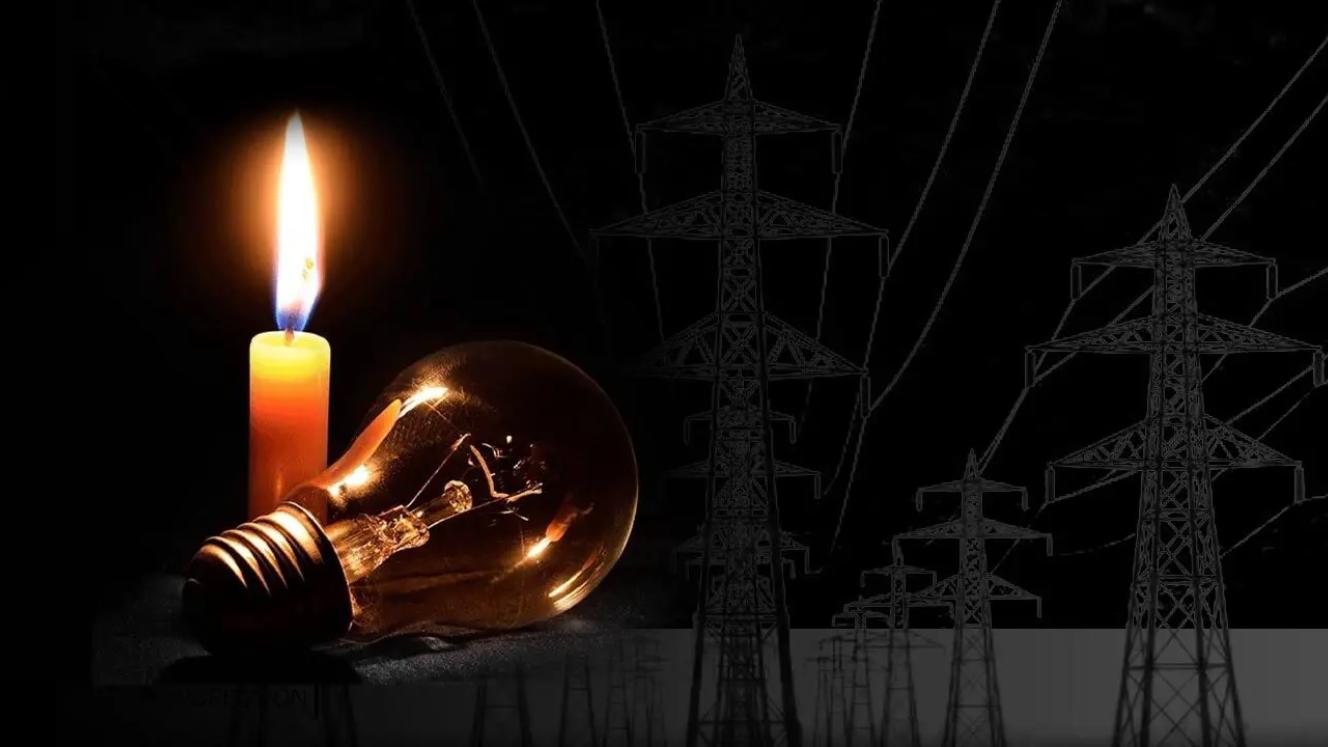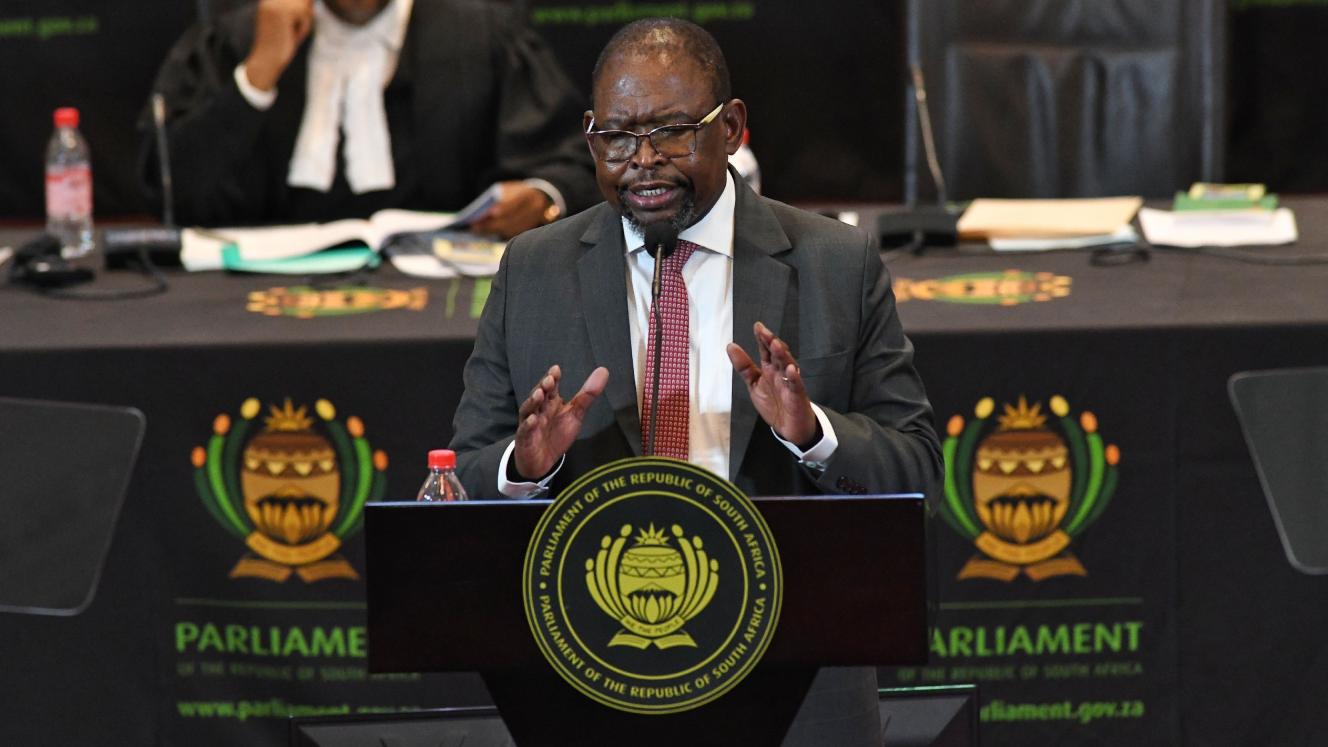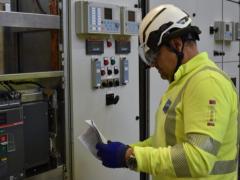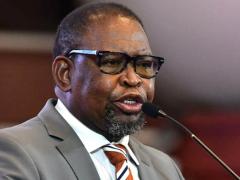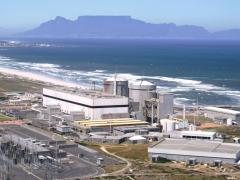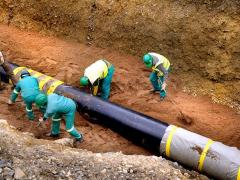Standard Bank CEO Sim Tshabalala said a grid collapse, resulting in an extended total blackout across South Africa, will have devastating consequences.
Speaking to Business Day TV, Tshabalala said a total grid collapse is a possible scenario with a low probability.
Standard Bank partnered with local industry, the South African Reserve Bank, and the broader authorities to prepare for this scenario.
Tshabalala explained although a total blackout is a low-probability event, they must still know what to do when it happens.
“We have plans and understand what needs to be done when a total grid collapse occurs,” he said.
Many other South African telecommunications, retail, mining and financial services companies have also said they have been preparing for a total grid collapse.
Last month, the South African Reserve Bank (SARB), through the Financial Sector Contingency Forum (FSCF), said it was preparing contingencies for a national grid failure.
The central bank has been preparing plans to respond to a national or regional electricity grid failure since 2015.
“As part of these preparations, the FSCF has been in regular contact with Eskom, the petroleum industry and the telecommunications industry,” the SARB said.
“The FSCF also conducts periodic crisis simulation exercises to test the financial sectors’ ability to respond to such shocks.”
As part of their total blackout preparations, MTN has set up “war rooms” to ensure critical sites remain operational, and the JSE stocked up on diesel to run its operations for seven days.
Food manufacturers and retailers like Tiger Brands, Pick n Pay, and Dischem were forced to invest millions in backup power utilities.
The United States Government has also advised its stakeholders in South Africa to start thinking about disaster management plans for a total Eskom grid collapse.
It said the consequences of a total blackout would be devastating, making it worth preparing for even if the likelihood is low.
Devastating consequences
A US Government minerals and energy expert explained that a total blackout presents several dangers.
The primary threat is the time it takes to bring a system back up from that total collapse. “Eskom estimates, in the best case scenario, it would take 6 to 14 days to restart the power grid,” he said.
Tshabalala told Business Day the potential collapse of South Africa’s power grid would result in devastating social and economic consequences.
He said a total blackout would cause the collapse of municipal infrastructure and services, food shortages, and water problems.
In turn, the country would experience widespread social unrest, which could lead to “certain scenarios that are just so bad that they’re too ghastly to contemplate”.
It echoes previous comments from former Eskom executive Robbie van Heerden that a blackout would be a disaster “akin to civil war breaking out”.
He explained that during a blackout, darkness, no or minimal telecoms, water schemes running dry, social unrest, and looting would occur.
Former Western Cape premier Helen Zille explained in 2015 that while generators can provide some reprieve, their fuel will run out.
“Cellphone companies can no longer transmit signals. Radio transmitters also die. So do ATMs,” she said.
Sewage pump stations would overflow, hospitals would stop functioning, and the criminal justice system would halt.
“Life as we know it, in a modern economy, cannot function without electricity,” Zille said.
This article was first published by Daily Investor
